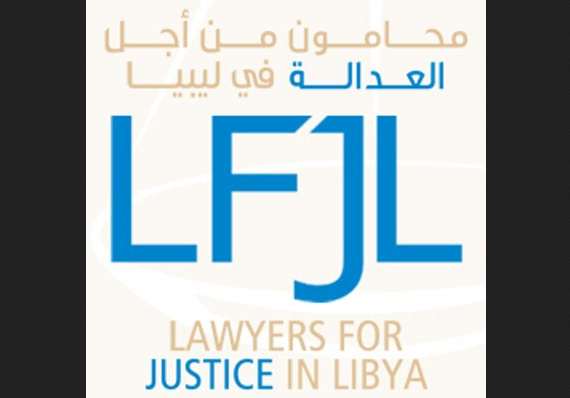This lack of clarity means that article 44 does not adequately guard against abuses of power that might seek to limit peaceful assembly. At the constitutional level, the aim should be to safeguard the right of people to exercise their right to peaceful assembly, not to enshrine the option to use force.
Freedom of expression, provided for in article 39, is drawn in narrow terms and subject to multiple limitations that have no place in a constitution, such as the prohibition of libel and Takfir (‘declaring others as infidels’). Further, the April 2017 Draft defines Libya as an Islamic Republic governed by Sharia law and sets out aspects of private life such as marriage with reference to Islam, but does not provide guarantees for freedom of thought and belief.
This is a departure from the Constitutional Declaration which states that “The State shall guarantee for non Muslims the freedom to practice their religious rituals.” Without clearly protected guarantees to free expression and belief that cannot be limited except in line with international law, there is a risk that all people residing in Libya could find their freedom of expression limited.
Articles 7 and 16 provide general guarantees for equality and non-discrimination, but these are undermined by strict limitations and provisions which counteract these assurances.
For example, religious minorities will be unable to hold any high public office in Libya due to requirements that members of the House of Representatives, Senate and President be Muslim, and in some cases born to Muslim parents. Meanwhile, young people will also be shut out from the presidency and holding office in the Senate, where candidates must be over 40 years old. This provision directly contradicts the earlier statement of equality in article 7, and risks disenfranchising sections of Libyan society from accessing high public office.





